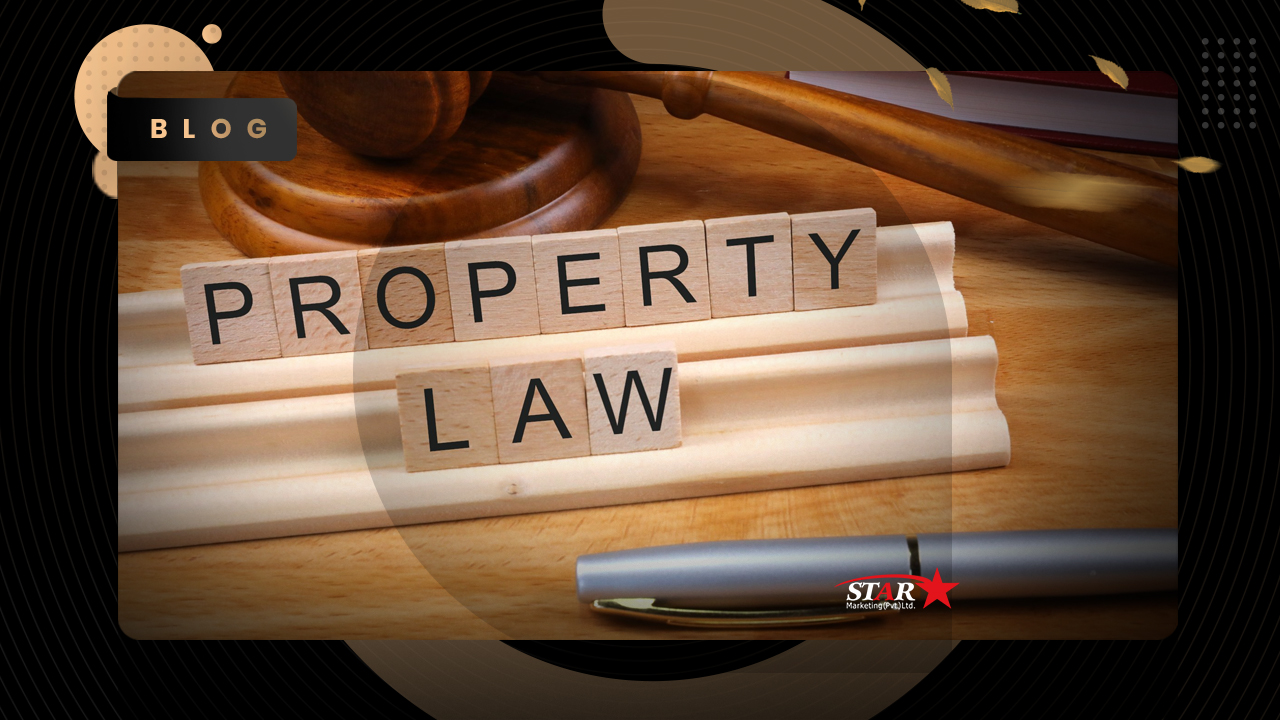

Are you planning to invest in real estate or buy a property in Pakistan? Understanding property laws and regulations is essential to ensuring a smooth and secure transaction. Pakistan has a well-established legal framework for property rights and ownership, but it can be complex and confusing for newcomers. This article provides a comprehensive guide to property law in Pakistan, covering the legal framework, property types, ownership rights, registration procedures, and common legal issues.
Understanding Property Law in Pakistan:
Pakistan’s property law system is based on the British common law system and the Land Acquisition Act of 1894. The government has introduced several reforms in recent years to streamline the property registration process, protect the rights of the parties involved, and promote foreign investment. The Constitution of Pakistan recognizes the right to property as a fundamental right, but it also allows the government to acquire land for public purposes, subject to fair compensation.
Legal Framework for Property Rights:
Pakistan has a decentralized legal system, with property laws varying across provinces and regions. The main laws governing property rights and transactions include:
- The Transfer of Property Act, 1882
- The Land Revenue Act, 1967
- The Registration Act, 1908
- The Stamp Act, 1899
- The Rent Restriction Ordinance, 2001
- The Punjab Development of Cities Act, 1976
Types of property in Pakistan:
Pakistan recognizes several types of property, including:
Freehold property:
The owner has complete ownership rights and can sell, mortgage, or transfer the property as they wish.
Leasehold property:
The owner has a leasehold interest in the property for a fixed term, subject to the terms and conditions of the lease agreement.
Commonhold property:
This is a relatively new concept in Pakistan, where multiple owners have joint ownership of a property, such as an apartment building or commercial complex.
Trust property:
This is property held by a trustee for the benefit of a beneficiary.
Ownership Rights and Restrictions:
In Pakistan, ownership rights are usually evidenced by a title deed, which is a legal document that proves ownership of a property. The owner has the right to possess, use, enjoy, and dispose of the property as they wish, subject to certain restrictions. Some common ownership restrictions include:
- Zoning and land use regulations
- Building codes and regulations
- Environmental laws and regulations
- Easements and right-of-way restrictions
- Community bylaws and regulations
Property Registration Procedures:
Property registration is a crucial step in the property buying and selling process, as it provides legal protection and proof of ownership. The registration process in Pakistan involves several steps, including:
- Obtaining the property’s ownership documents, such as the title deed, sale agreement, and mutation certificate
- Paying the registration fees, stamp duties, and other taxes
- Submitting the documents and fees to the relevant registrar office
- Verification of the documents and issuance of the registration certificate
Common Legal Issues in Property Transactions:
Despite the legal protections and regulations, property transactions in Pakistan can be subject to several legal issues, including:
- Fraud and misrepresentation by sellers or agents
- Title defects or disputes
- Encumbrances, such as mortgages or liens
- Non-compliance with building codes and regulations
- Disputes over easements and right-of-way
Conclusion:
Property law in Pakistan is a complex and evolving field, and it is essential to seek legal advice and guidance before buying or selling a property. Understanding the legal framework, property types, ownership rights, and registration procedures can help you navigate the process with confidence and avoid legal issues.
With the government’s recent reforms and focus on promoting foreign investment, Pakistan’s real estate sector offers excellent opportunities for investors and homebuyers alike, but it is important to ensure that all transactions are conducted in accordance with the law and with the assistance of qualified legal professionals.
FAQs:
What is the process for transferring property ownership in Pakistan?
The process for transferring property ownership in Pakistan involves obtaining the necessary ownership documents, paying the relevant fees and taxes, and submitting the documents to the registrar office for verification and registration.
Can foreigners own property in Pakistan?
Yes, foreigners can own property in Pakistan, subject to certain restrictions and regulations. Foreigners cannot own agricultural land or land in certain sensitive areas.
What are some common legal issues in property transactions in Pakistan?
Common legal issues in property transactions in Pakistan include fraud and misrepresentation by sellers or agents, title defects or disputes, encumbrances such as mortgages or liens, and disputes over easements and right-of-way.
What are the taxes and fees associated with property transactions in Pakistan?
The taxes and fees associated with property transactions in Pakistan include stamp duty, registration fees, capital gains tax, and withholding tax, among others.
Can I seek legal assistance when buying or selling property in Pakistan?
Yes, it is highly recommended to seek legal assistance when buying or selling property in Pakistan to ensure that all transactions are conducted in accordance with the law and to avoid any legal issues or disputes.



Leave a Reply